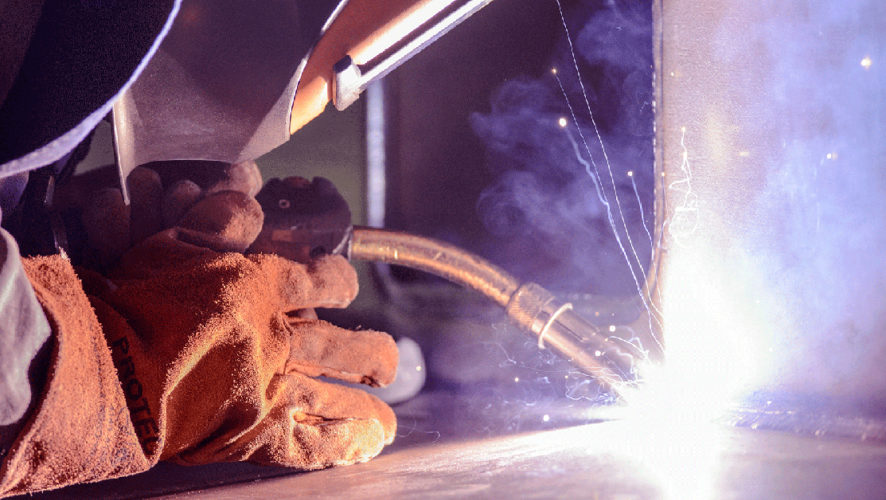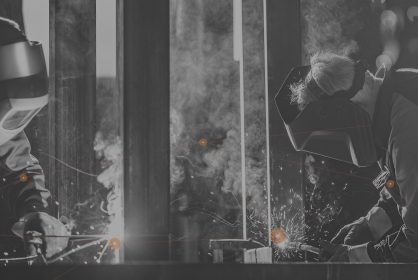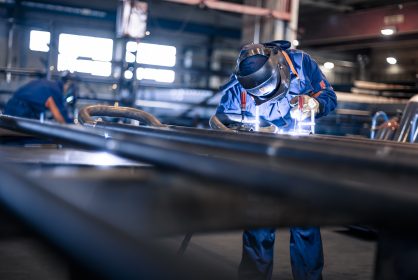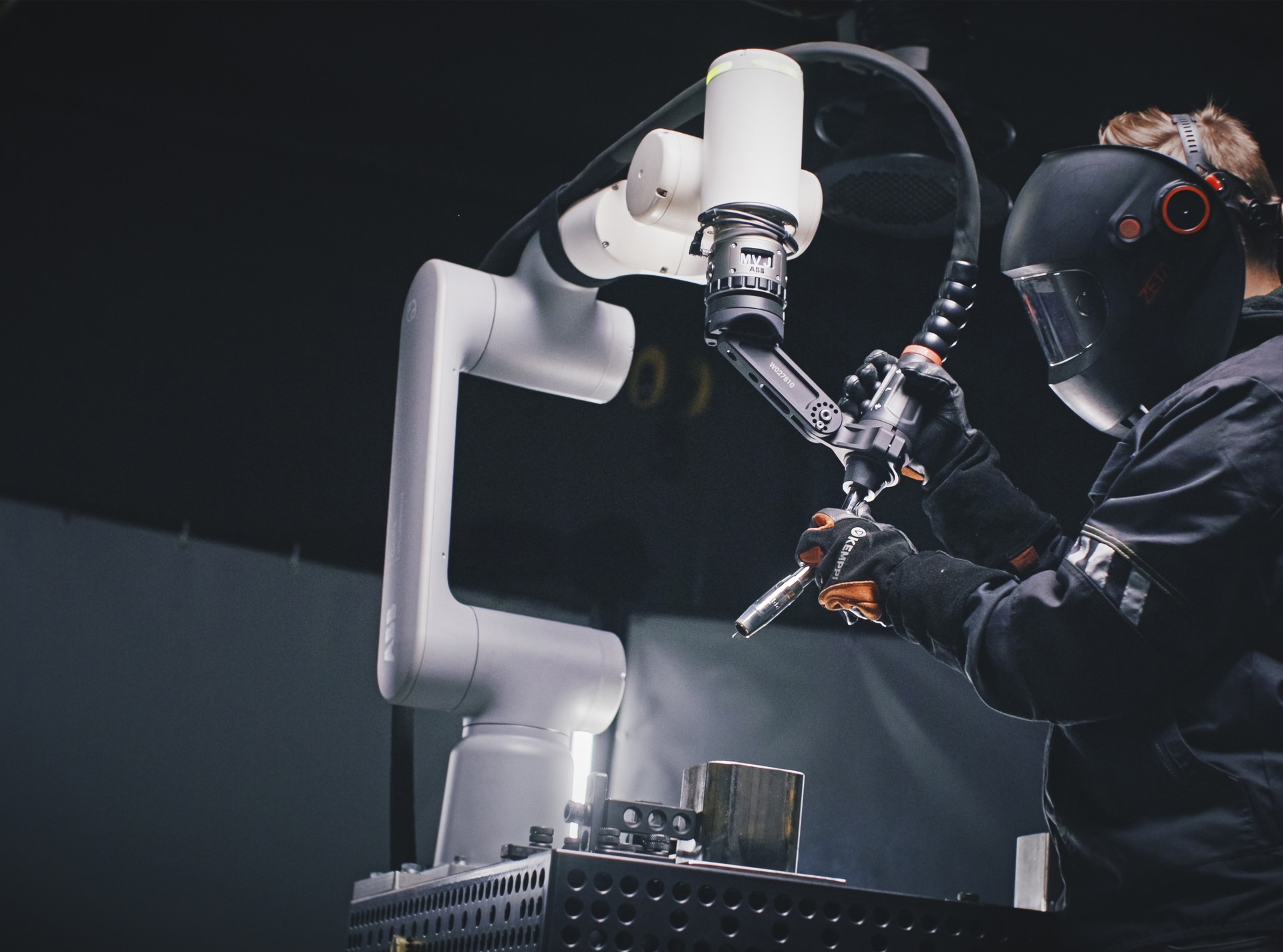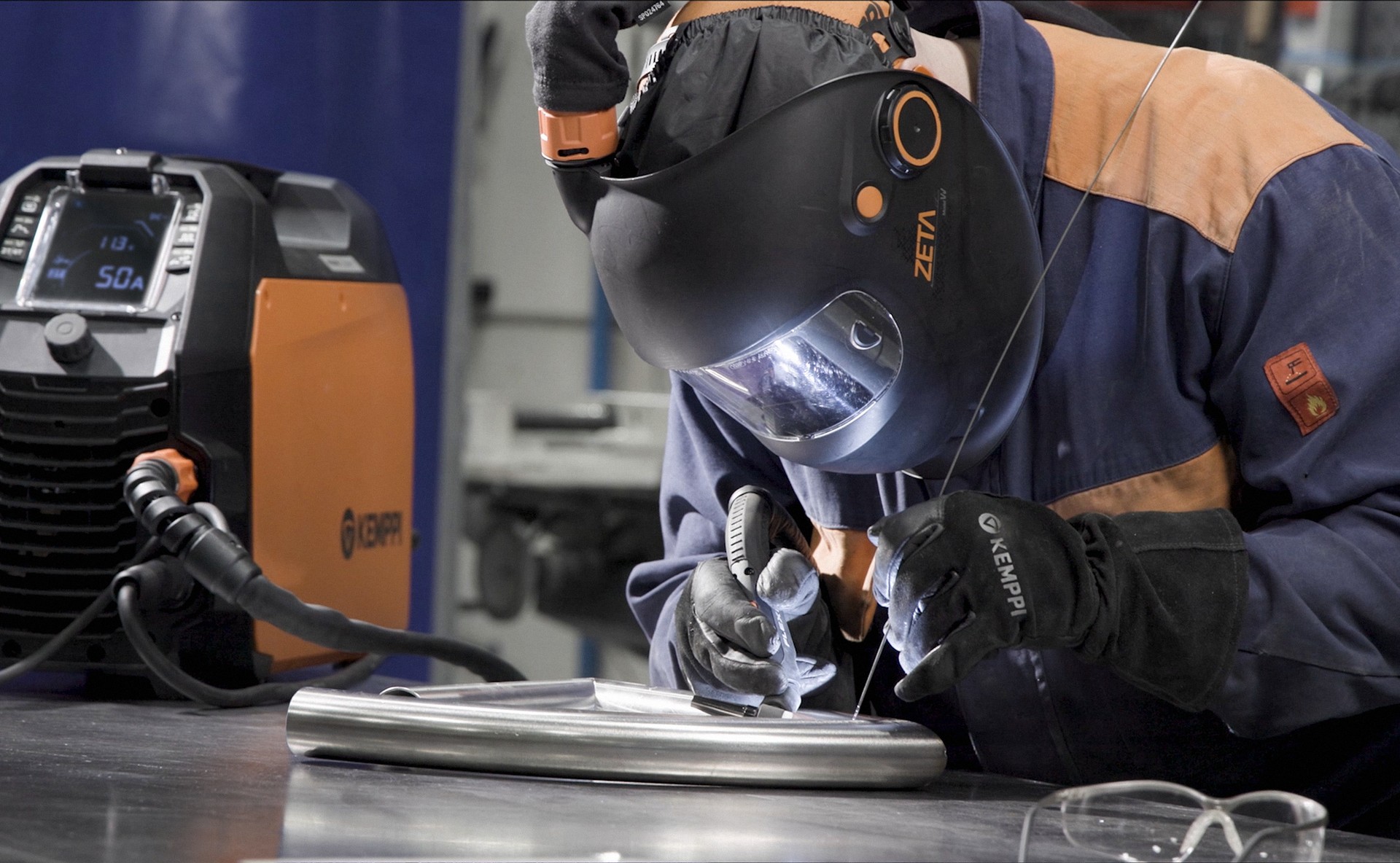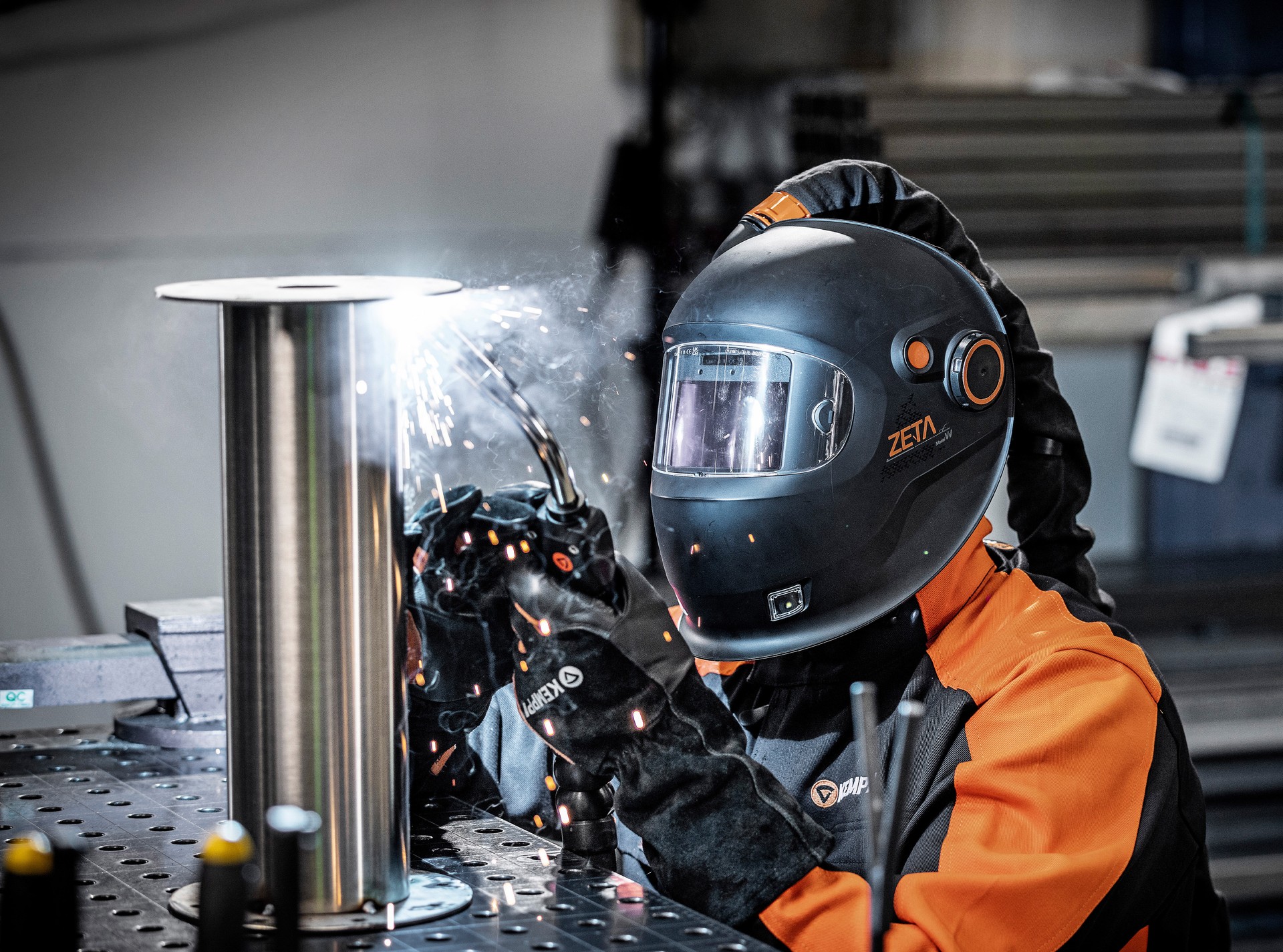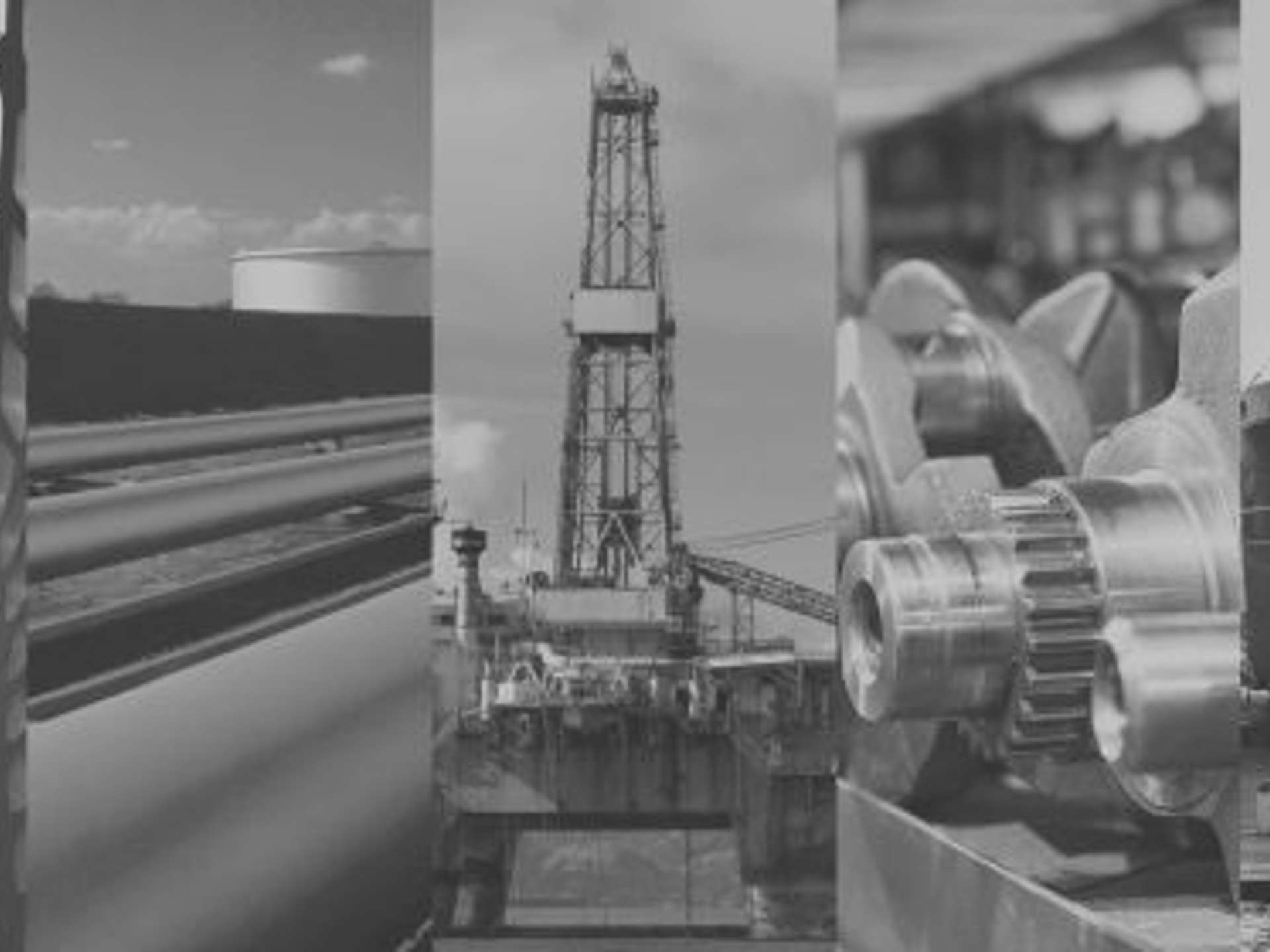
Soldadura manual
How do standards challenge the European welding industry?
11 de octubre de 2016
The European welding industry is recreating itself. Our ambition is to transform the industry from 3D – dirty, dull, and dangerous – to 3C – cool, clean, and clever. We are entering an era of new buyer power, arising from redefined expectations for welding quality and documentation throughout the entire welding value chain.
Reetta Verho
The fact is that Europe’s future in welding will no more be mainly built on ordinary welding work. There has been huge hype over Industry 4.0 for years. We are now finally interpreting it through new ways of working and new kind of business thinking, powered by industrial connectivity.
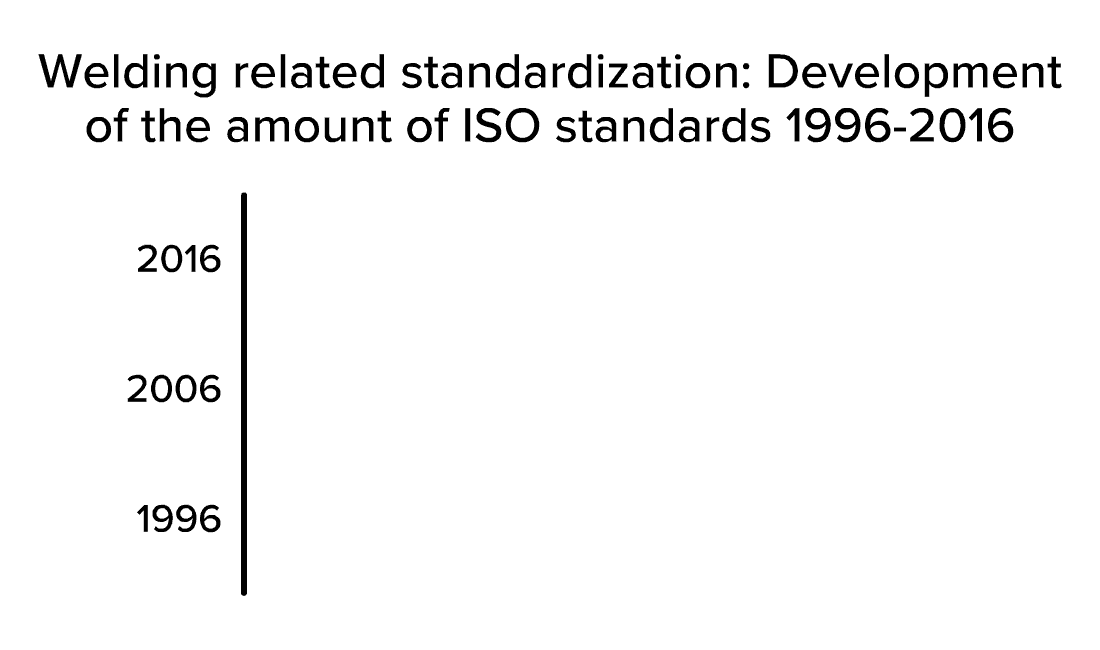
Standards connect the welding industry
Standardization is one of the main drivers behind welding transformation. Standards change when something needs to be improved. Improvements may concern welding, but they may also involve related processes, industry-specific factors, or end product related factors, such as environment or safety.
Standards can be considered summaries of demands for different actors in the same value network. Even if there are international standards, such as ISO, their interpretation varies in different countries and even within the same region, such as Scandinavia.
One example of this was the update of the EN1090 standard in Europe a couple of years ago. It forced companies to radically renew their way of working and their welding management practices in order to get the CE marking. Incorrect interpretation of a standard may prevent a company from passing the quality audit which then causes problems with, for instance, deliveries, payments and other cash flow related issues.
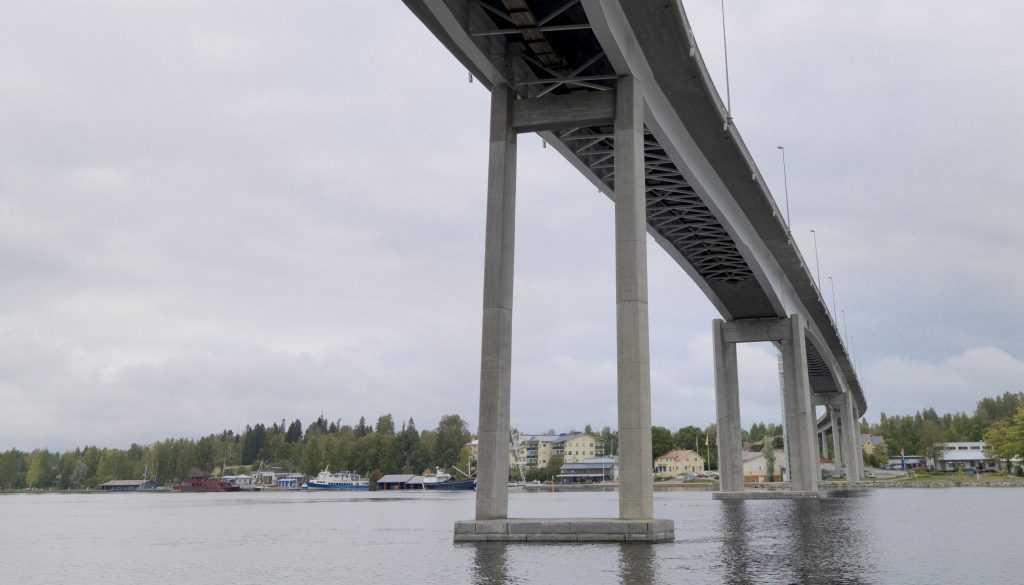
Industrial connectivity redefines welding value
The key is to understand the production and value creation processes of manufacturing companies in the age of the IoT. How could we connect welding machines in a smart way to build a smart factory with a smart production process? How could we create a process that takes the buyers’ quality expectations as well as continuously developing industry standards and norms into consideration?
Kemppi wants to participate in standard development and keep standards practical. We help the European welding industry to maintain its welding quality and competitiveness in continuously changing circumstances by achieving a new level of operational efficiency. Our active input in standard development combined with our innovation capability in welding digitalization is unique in the world.
Welding is one of the most demanding processes that we know. It is used all around us although we do not always notice it. Bridges, public libraries, ships, oil rigs, gas pipes, milk tanks, cars – all welded. The question remains: how can you be sure that each weld and welder follows the right standards and WPS? Are there new ways to ensure the quality of your high end welding production?
It’s simply a matter of digitalization. Connect your welding equipment and upgrade your welding performance. Digitize the WPS and invest smart in universal cloud solutions. Benefit from global welding networks and redefine the value you can expect from your welding production.
Recreate your future in welding.
Frederic Lanz Vice President Sales, Europe & Export Countries, Kemppi Oy; Managing Director, Kemppi GmbH
Reetta Verho Manager, Welding Services, Kemppi Oy

Reetta Verho
Reetta Verho
Manager, Welding Services at Kemppi Oy. International Welding Engineer (IWE) who is an active member in ISO standardization committees. Board member in The Welding Society of Finland. Passionate about welding quality and the development of welding production. Member of: K105 National mirror committee for welding, ISO/TC44/SC10 Quality management in the field of welding ISO/TC44/SC11 Qualification requirements for welding and allied processes personnel.
